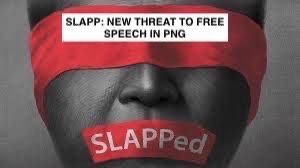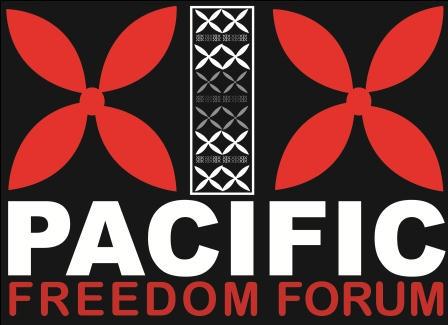May 3rd is observed every year as World Press Freedom Day.
It is a day dedicated to raise awareness of the importance of freedom of the press or the media, and remind governments of their duty to uphold and maintain freedom of expression.
Eddie Tanago from Act Now, says Papua New Guinea is one tough environment to be a journalist or an advocate for good governance and human rights.
He said PNG is riddled with corruption that has grown tentacles into every sphere of life and trying to expose it can mean facing death threats and expensive lawsuits.
“In recent times, journalists and human rights defenders and advocates have come under attack from a new threat called Strategic Litigation Against Public Participation (SLAPP),” said Tanago.
Tanago has faced several SLAPPS in his line of work as an advocacy officer of Good Governance and Transparency.
A recent criminal case against him was thrown out by the Waigani Committal Court for lack of sufficient evidence. The case was between Mr Tanago and the PNG Forest Authority boss John Mosoro.
A SLAPP is a lawsuit filed by someone in a position of authority and power, whether in government or business, that is intended to silencing legitimate criticism and free speech. It is a deliberate misuse of the court systems to intimate and harass critics and involve them in expensive and time-consuming litigation
SLAPPs can have huge impacts that include:
- Financially and psychologically draining the victim;
- Reputational damage and harm;
- Imprisonment;
- Wasting court time and resources;
- Silencing critics and instilling fear.
SLAPPs have been frequently used in countries like the USA, Europe and in Australia against journalists, civil society and human rights defenders.
In light of this threat, some countries have created laws that have made SLAPPs illegal.
In Papua New Guinea though, SLAPPs are a relatively new concept but one that is on the rise.
Tanago said to ensure that freedom of speech is maintained the government needs to:
- Introduce anti- SLAPP laws in PNG
- Provide training for judges and lawyers so they are able to identify SLAPPs
- Ensure its own Ministers, MPs and officials are not using SLAPPS to silence critics;
- Educate the public about SLAPPs and their impact in suppressing freedom of speech


